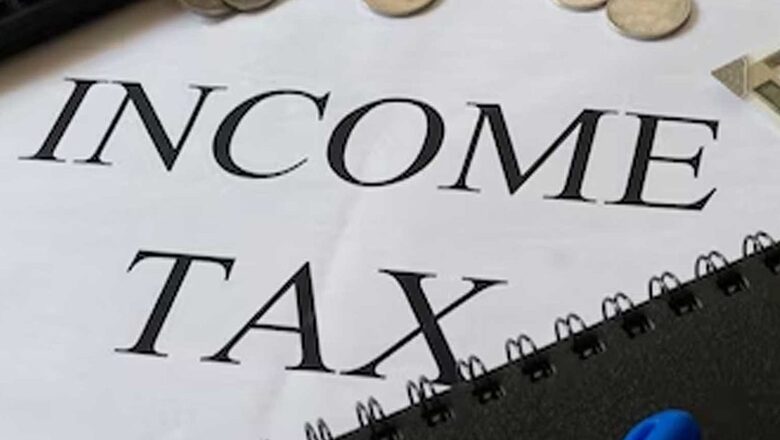
views
Taxation for individuals in India is primarily based on their residential status in the relevant tax year, source of income, and tax regime that they opt for. In Budget 2020, Finance Minister Nirmala Sitharaman introduced the new tax regime. The new tax regime comes with revised tax laws and rates, but taxpayers also have the option to stick with the old tax regime. Before making a decision, it is crucial to consider several factors that can significantly affect your financial situation.
Here are eight key things to consider before choosing between the new income tax regime and the old income tax regime:
Understanding the Changes
The first step is to understand the fundamental differences between new and old tax regimes. Study the tax laws, rates, deductions, exemptions, and other relevant provisions under both regimes. Identify the specific changes implemented in the new regime and how they may affect your tax liability.
Tax Rates and Slabs
Compare the tax rates and slabs under the old and new regimes. Determine whether the new tax rates are more or less favourable to your income level. Consider the impact on your disposable income and long-term financial goals.
Deductions and Exemptions
The old tax regime gives the benefits of allowances and deductions, whereas, under the new tax regime, we can only claim the standard deduction. Therefore, there is a need to evaluate the deductions and exemptions available under both regimes. This analysis will help you gauge the impact on your tax savings and overall financial planning.
Simplicity Vs Complexity
Consider the complexity of each tax regime. New tax regimes might be designed to simplify the tax filing process, while older regimes could be more complicated. Assess your comfort level with tax compliance and determine if the added complexity or simplicity is a factor that influences your decision.
Impact on Investment and Savings
In case you have invested in different investments such as public provident fund (PPF), social security benefits, etc., which do not only give you tax benefits but also secure your future, then it is better to explore that tax regime.
Transition Rules
In some cases, the transition from the old tax regime to the new one may involve specific rules and conditions. Once you have opted for the new tax regime, it may be not possible to reverse your decision next year. Therefore, understand the transitional provisions, including how previous losses, unclaimed deductions or tax credits will be treated under the new regime. This information will help you assess the potential gains or losses during and after the transition period.
Industry-Specific Considerations
Different sectors or industries may be affected differently by the new tax regime. Consult professionals or industry experts to understand the impact on your particular sector. Factors such as tax incentives, exemptions, or sector-specific deductions could influence your decision.
Long-Term Implications
Consider the long-term implications of your decision. Tax regimes tend to change periodically, and what might be beneficial in the short term may not be advantageous in the long run. Evaluate the stability and predictability of the new tax regime and assess whether it aligns with your future financial plans.
Choosing between the new tax regime and the old tax regime is a critical decision that can significantly/ affect your savings. It is essential to thoroughly evaluate the changes introduced, and understand the implications on your income and savings. Seek advice from tax professionals or financial advisors who can provide insights tailored to your specific circumstances. Ultimately, a well-informed decision will help you optimise your tax planning and ensure financial stability in the years to come.
(The author, a chartered accountant, is the managing director of Neeraj Bhagat & Co)

















Comments
0 comment